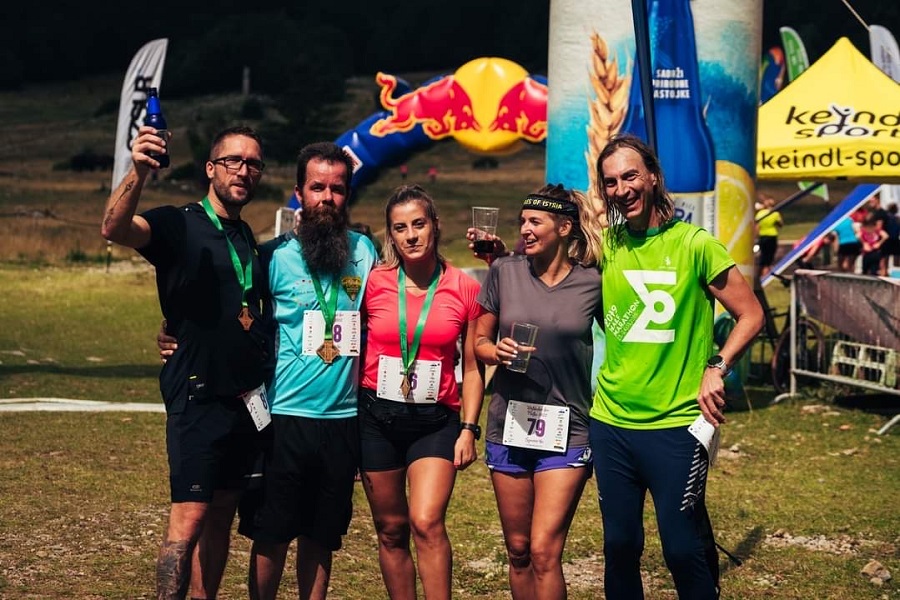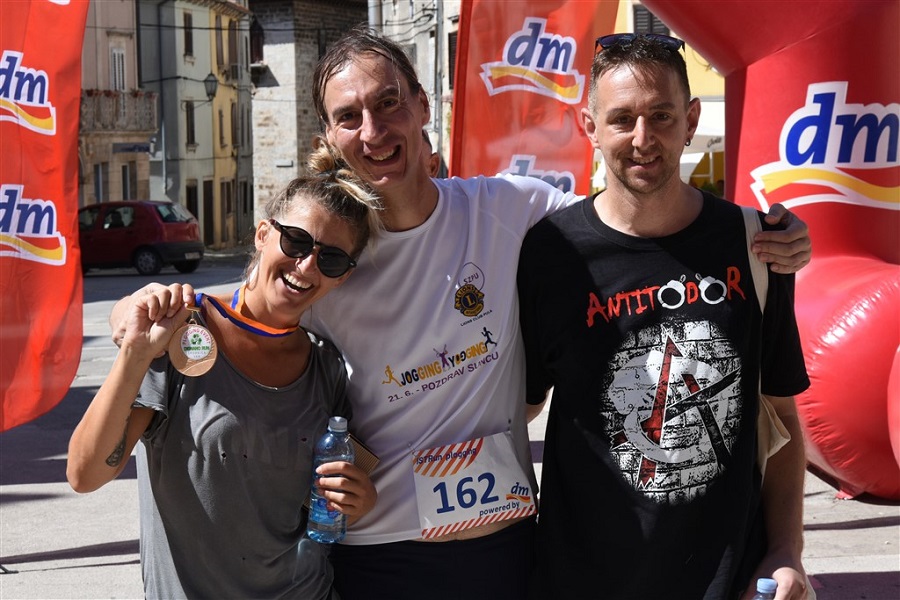Croatian Returnee Reflections: Marina Huber, from Amsterdam to Pula
September 16, 2022 - Whisper it quietly, but more and more people are relocating to Croatia from the diaspora. In a new TCN series, we meet them to find out how they are faring and what advice they have for others thinking of making the switch. Next up is Marina Huber, who moved from Amsterdam to Pula.
Born in the small town of Požega in the heart of Slavonia but lived most of my adult life in the Netherlands. Both of my parents were born and live in Croatia, mostly in peaceful Istria. So my connection to Croatia was substantial, I have family, land, and friends here, but what mostly got me thinking about moving back is the sunny climate, outdoorsy lifestyle, and nature. For the past 7 years, I worked in the tech industry, and now I am most at home in Mobile development, perhaps better to say I am an iOS programmer. I am greatly in love with the sea and surfing and looking forward to getting my charter sailboat business up and down the coast. Currently, I am working as a developer for US clients in the sector of healthcare.
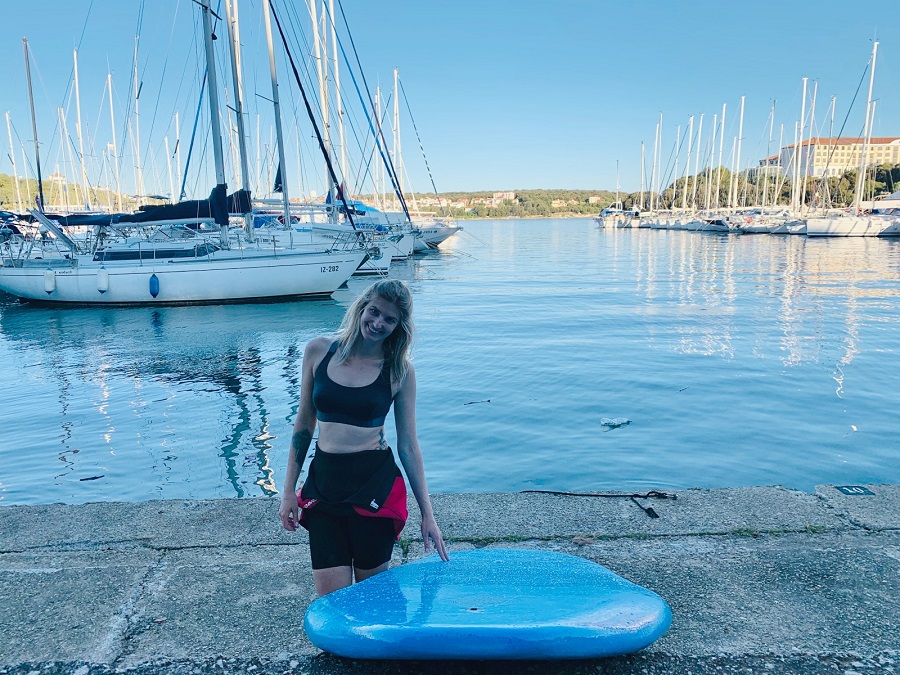
1. You made the switch to Croatia. Tell us a little about the decision process and how long it took for you to get on the plane.
Guess I just had enough of 15 years living in Amsterdam and paying huge amounts of rent for small shitty apartments. I always dreamed of being a freelancer or even maybe an entrepreneur and living in a warm and sunny place, since I was so frequently coming back to Pula, Croatia, and my IT skills and network were getting stronger, I decided to take a leap in 2019. At the time, working remotely was still pretty hard, and finding work in Croatia is way underpaid to what I was used to, but I was determined. The pandemic hit a few months after my move, and working remotely was a new norm this really made my life and business easier, and I am happy I made this change.
2. What did your family and community back home think of your decision at the time?
They were happy for me, but they knew that at any moment, I would be back easily due to the lack of work in Croatia. At the same time, I lived in a few places and tried different lifestyles before I moved back to Pula, so I guess my family is used to my partially nomadic life.
3. Where did you get your information about the realities of Croatia prior to coming?
I was always in contact with my high school friends and family, plus on every vacation I had, I was coming to Croatia, even doing some small freelance gigs. Since I never watch the news or TV (I’m a pre-social media child), I missed a lot of propaganda but also harsh realities. This naivity made me happier at the time and made my move easier somehow.
4. What were you most nervous about making the switch? What was your biggest fear, and what was the reality of what you found?
My greatest fear at the time was not being able to cope in a small coastal town, financially or socially. My expectation was to have a bigger social life as that was what I was used to in colorful Amsterdam. I found out that people are here quite scared and close-minded apart from the few and when I found them I felt at home here at last. I found out that there is a thing called Balkan dark humor and that love for art and music is great. And I love it.
5. Think back to the time before you arrived. What were your perceptions about Croatia, and how were they different from the reality you encountered?
Croatia seems to be deprived of people, young and educated, and I always wanted to change that. I guess harsh reality hit me as this is really a tribal society, and a lot of us are mostly struggling in day-to-day life. My perception was a bit gloomy, but I see there are many opportunities here that are brand new and, in the Netherlands, have been long established.
6. You are still here, so obviously, the pros outweigh the cons. Tell us about some of the things that you love about being in Croatia, as well as some of the things you don't like.
I love the sea and sports, and this is exactly why Croatia is home. Also, love how people around me are resilient, and that makes me too. Family values here are still important, and safety on the streets is good. Don’t like the unfairness and injustice that is surrounding a lot of daily activities here. A lot of things are overpriced and a rip-off.
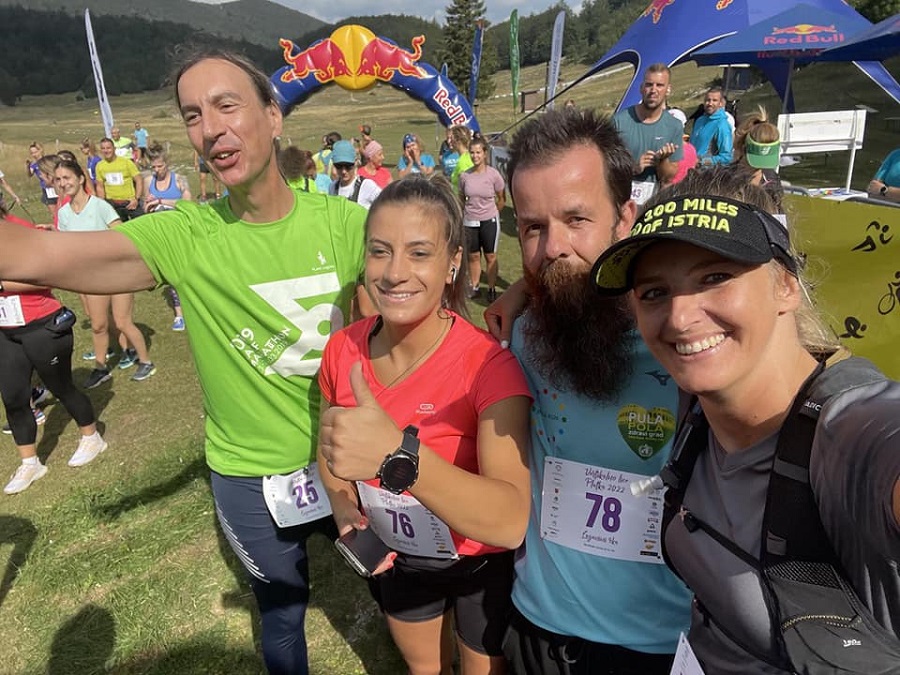
7. What advice do you have for others thinking about making a move from the diaspora?
Find your passion and go for it! Investigate what part of town or country you like to live in and make sure you have a good landlord. Try to find a way to invest in your pension funds, as the government will not do that for you. I would say speaking the language is not a must but nice to have. Contact the Digital Nomads community as they have plenty of ideas and experience, or try to find a greater expats community.
8. How do you think Croatia can better assist those who are looking to return to the Homeland?
This is a big question; I think Croatia needs more than just giving a couple of thousands of Euros to returned millennials or families. They need to start acting for fairness and justice, democracy and transparency. Well, the basic problem of why the diaspora is not returning is salaries. Once this rises to a better level, we can talk about Homeland. In these hard times for all of us, connecting communities is the key. I believe the world needs people who are deeply rooted in their local communities, care about their land and its issues, and want to make a difference together.
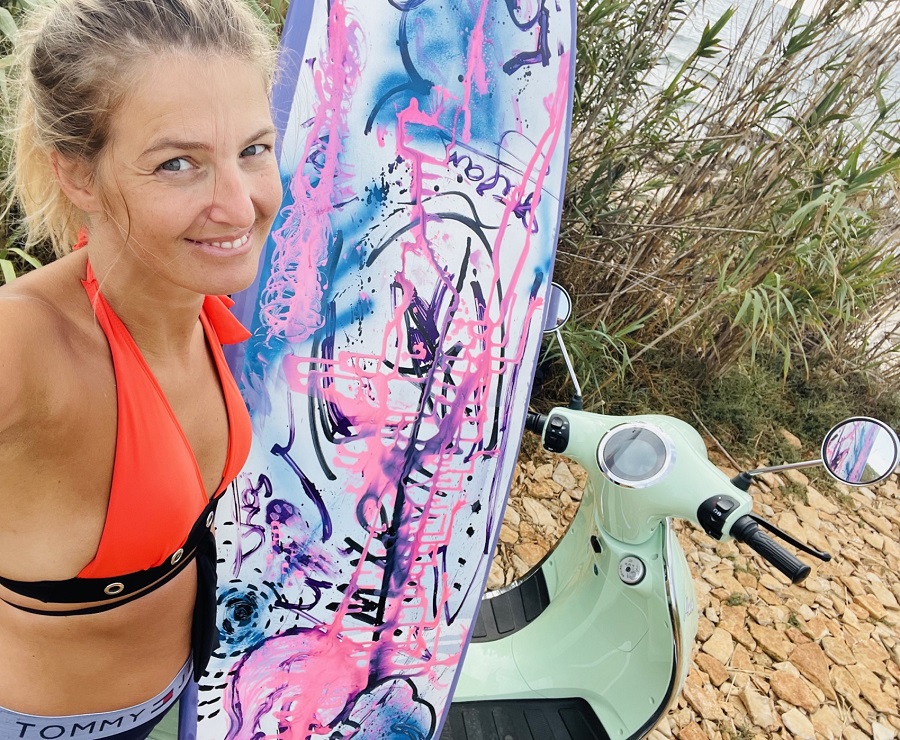
****
Thanks Marina, and good luck with marinahuber.com
You can follow more stories in the Croatian Returnee Reflections series in our dedicated TCN section.
Would you like your returnee story - positive or negative - to be featured in this series? Contact This email address is being protected from spambots. You need JavaScript enabled to view it. Subject Returnee.
****
What is it like to live in Croatia? An expat for 20 years, you can follow my series, 20 Ways Croatia Changed Me in 20 Years, starting at the beginning - Business and Dalmatia.
Follow Paul Bradbury on LinkedIn.
Croatia, a Survival Kit for Foreigners will be out by Christmas. If you would like to reserve a copy, email This email address is being protected from spambots. You need JavaScript enabled to view it. Subject 20 Years Book


